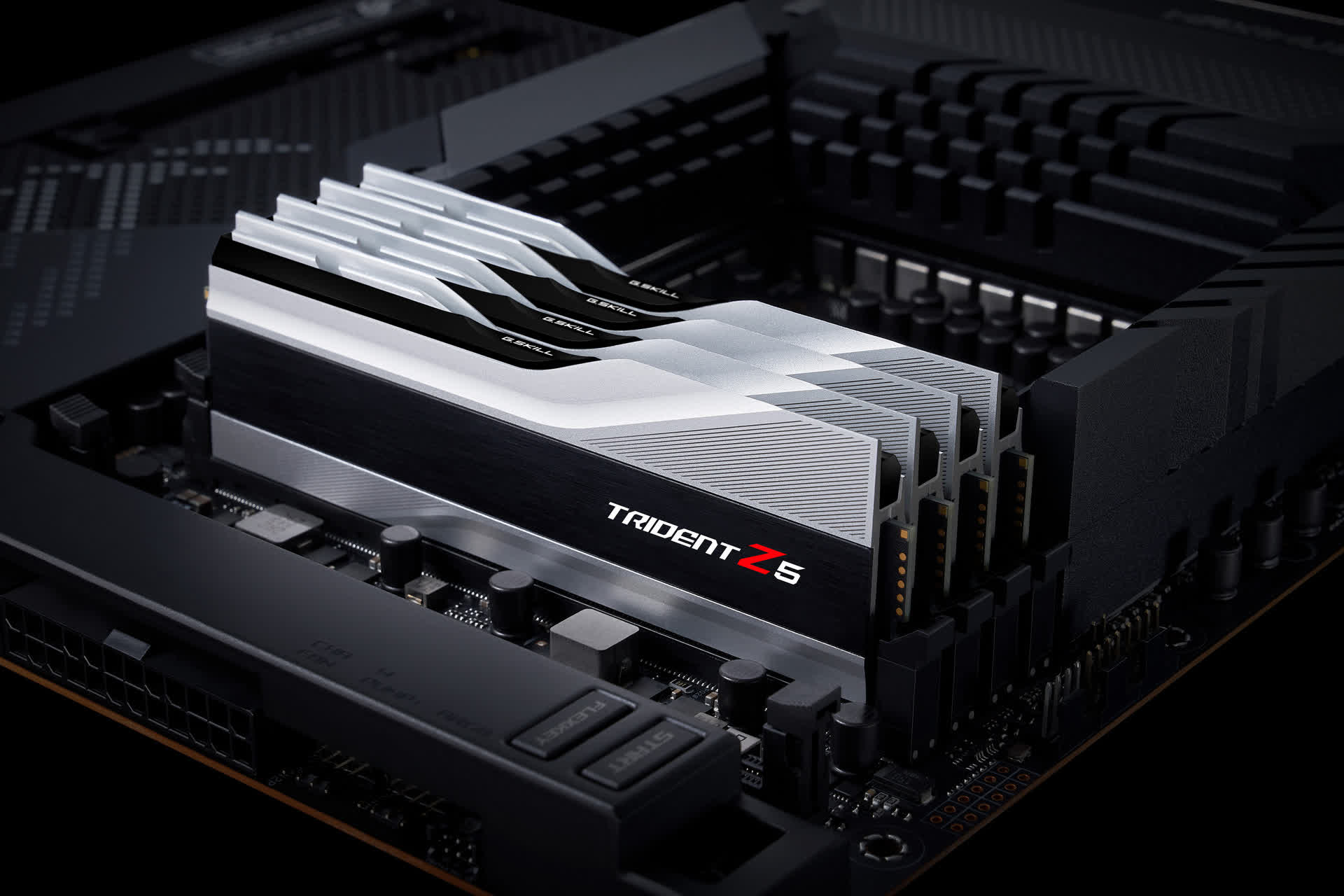Why it matters: According to reports from Moore's Law is Dead, users who choose to stick with DDR4 RAM for their fresh Alder Lake processors might be able to keep it even if they choose to upgrade to its successor whenever they come around. If true, this could help a lot of people save money until DDR5 is more affordable.

Intel's recently released 12th-generation CPUs are the first to support DDR5 RAM, but Intel obviously didn't drop support for DDR4 right away. The earliest DDR5 RAM sticks coming out now are expensive and hard to obtain. They also have high CAS latency.
Some users seem to have started worrying that Intel's eventual 13th generation CPUs would switch to supporting DDR5 exclusively, but that might not be the case according to Moore's Law is Dead. If what he says is true, users who install 12-generation processors on DDR4 motherboards will be able to upgrade to 13th-generation processors on those same motherboards.
Intel continuing to support DDR4 RAM alongside DDR5 for another generation would fall in line with what it did during the transition from DDR3 to DDR4. Intel started supporting DDR4 for desktop processors with its sixth generation but maintained support for DDR3 through those and the seventh generation processors. It only finally dropped DDR3 RAM from desktops with the eight generation.
Raptor Lake will support DDR4.
— Moore's Law Is Dead (@mooreslawisdead) November 8, 2021
Some people might say "duh", but I have seen a conspiracy theory going around that Intel would obsolete DDR4 mobos when Raptor Lake launches. No, they won't.
Rest easy DDR4 Alder Lake buyers 😊.
Rumors earlier this year suggested 13th-generation Raptor Lake CPUs might arrive sometime next year. At least one analyst predicts that DDR5 will start pulling ahead of DDR4 in terms of market share in 2023, and become the standard through 2024 and 2025.
https://www.techspot.com/news/92124-intel-13th-generation-raptor-lake-cpus-reportedly-wont.html